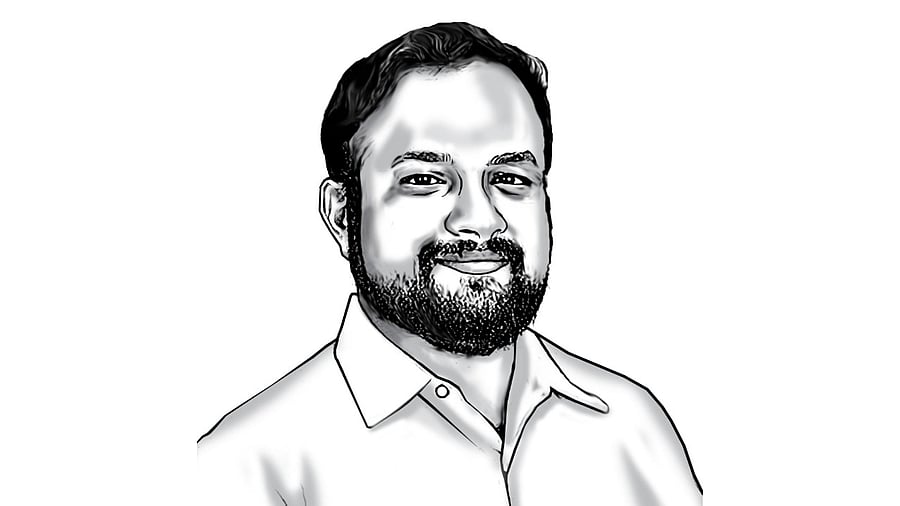
In a few weeks, about a fifth of India’s population will vote between March 27 and April 29, in state Assembly elections, with results due on May 2. Though they are not ‘national elections’, given the diversity and size of the states in question, they might as well be. This complex exercise, featuring thousands of candidates, lakhs of personnel and crores of voters, will be overseen by the Election Commission of India.
As a constitutional body, the ECI is responsible for the conduct of the Lok Sabha and state Assembly elections under Article 324. This includes the power to prepare rolls, register parties, accept or reject nominations, seek information on spending, etc. It has offices in each state, but these should not be confused with the State Election Commissions (which are concerned only with Panchayat and Urban Local Body elections).
The Chief Election Commissioner and the Election Commissioners overseeing the running of the ECI are also constitutionally protected from executive interference in their work. While the CEC enjoys the same protections as judges of the SC, other ECs can only be removed on the recommendation of the CEC.
But the EC has not been above criticism in its functioning. The most common criticism perhaps has to do with the way in which voter rolls are prepared, leaving out or including the names of too many people. A study of Delhi’s voter list in 2015 by Janaagraha found that 41% of the names on an electoral list had at least one error, and about 8% of citizens who had registered could not find their names on the list.
These problems are not unique to Delhi, but it must prompt us to ask the question, why is one body based in Delhi in charge of preparing the electoral rolls for nearly a billion voters?
This exact question was raised in the Constituent Assembly during the discussion on the draft articles related to the ECI. HV Pataskar questioned why the electoral process should be centralised even for state elections. The reasons given by the Drafting Committee, namely that ruling parties at the state level were indulging in malpractices to add names and interfere in elections, did not convince him. Kuladhar Chaliha from Assam was another who raised objections, contending that the provision for a centralised body and process did not take into account the diversity of the country and seemed to assume that the provinces could not be trusted to set up impartial election commissions. Annie Mascarene of Travancore State, who had earlier supported the Article, changed her mind and asked why the Canadian model was being followed for an ECI, making the Centre seem like an imperial power controlling the provinces.
The proposal for a central ECI also had strong support, sometimes from surprising quarters. One of the staunchest critics of much of the Constitution as proposed by Ambedkar, Naziruddin Ahmad of West Bengal, was a supporter of this provision. He frankly admitted that he had changed his mind on the issue after seeing live instances of the way in which party politics was playing out in West Bengal at the time. He argued that a neutral ECI based away from the states would be the best possible solution.
Ambedkar himself was more focused on defending the need for the ECI to be independent and did not respond to strong criticism, preferring to adopt the arguments of KM Munshi and HN Kunzru. Especially telling is what Kunzru said in response to Chaliha:
“[Kuladhar Chaliha] said…that the provinces were better in this respect than the Centre…My friend coming from Assam ought to know that complaints after complaints have been received from Assam that ingenious devices are found to shut out people who have settled in Assam from the electoral rolls. The complaints may be wrong; I am not here judging them. But the complaints are there...”
Anyone familiar with the controversies over citizenship and voting in Assam would recognise what Kunzru was talking about. The spark that probably ignited the Assam agitation in the 1980s was a controversial bye-election in 1979 in which voter lists had been inflated by getting thousands of non-citizens who had come from across the border to register. Though the NRC was supposed to have solved this issue, the current scenario suggests otherwise.
The worries expressed while creating a centralised ECI were perhaps justified. But the fact that disputed election results are a rarity and not the norm (as in some countries) is testament to the vision of the Constitution-framers in designing an institution that would be safe from government interference and also work to enable every Indian to vote.